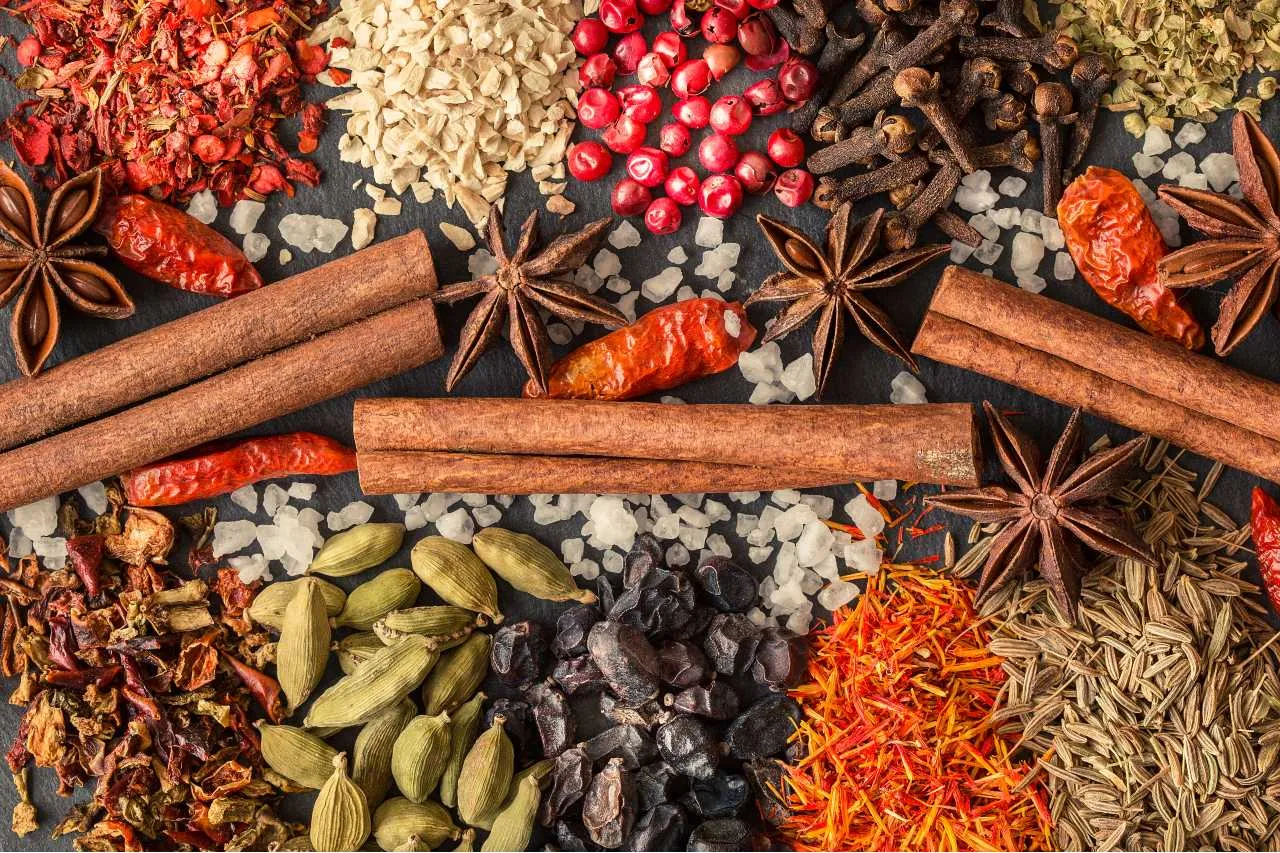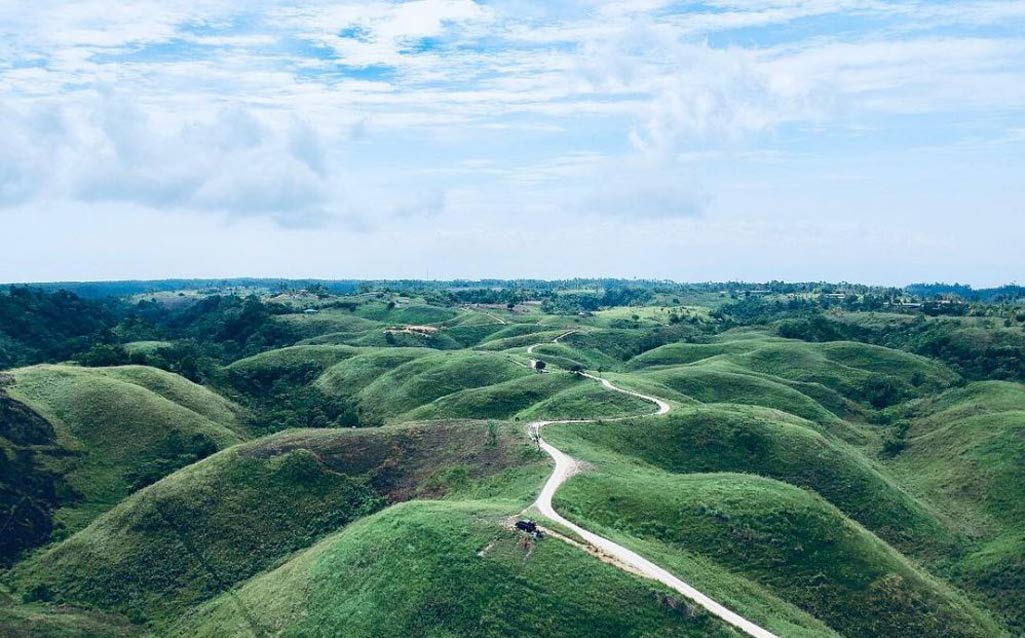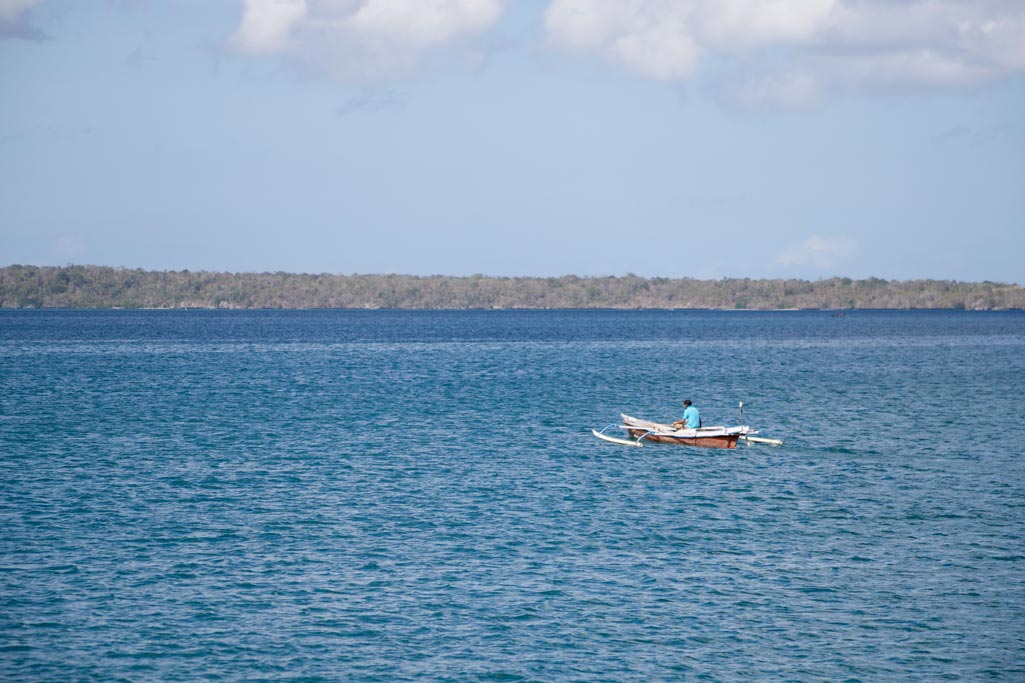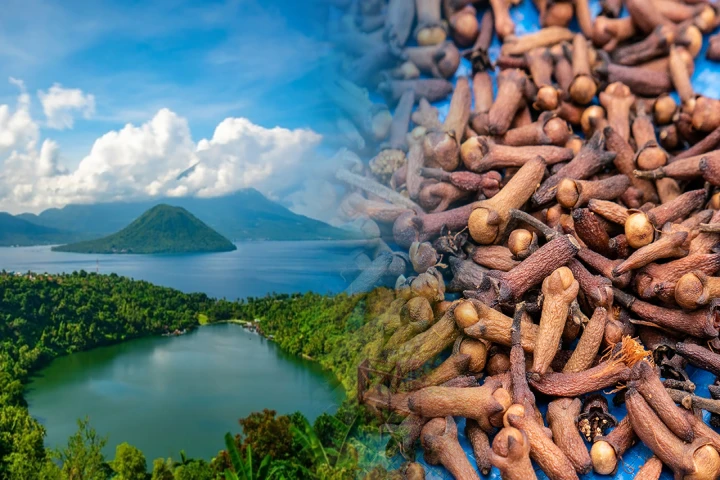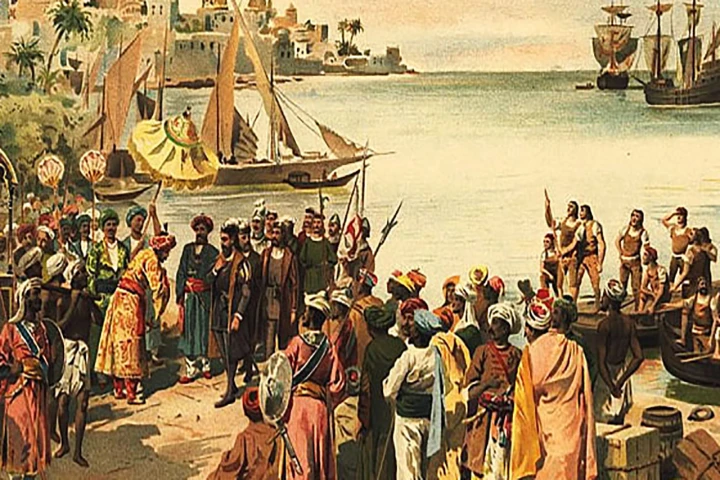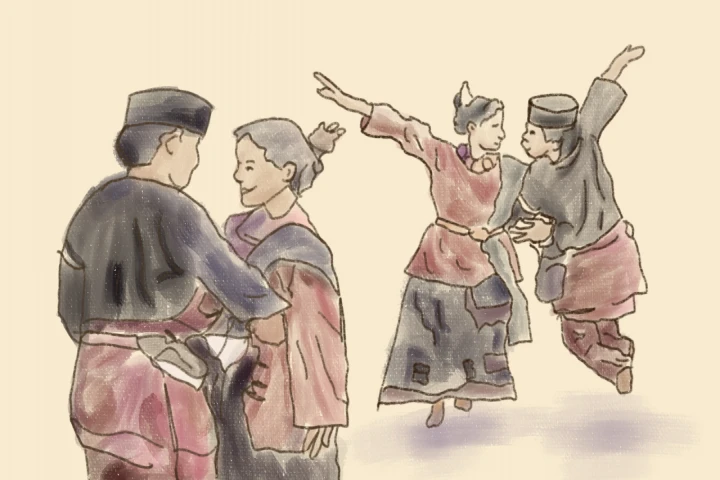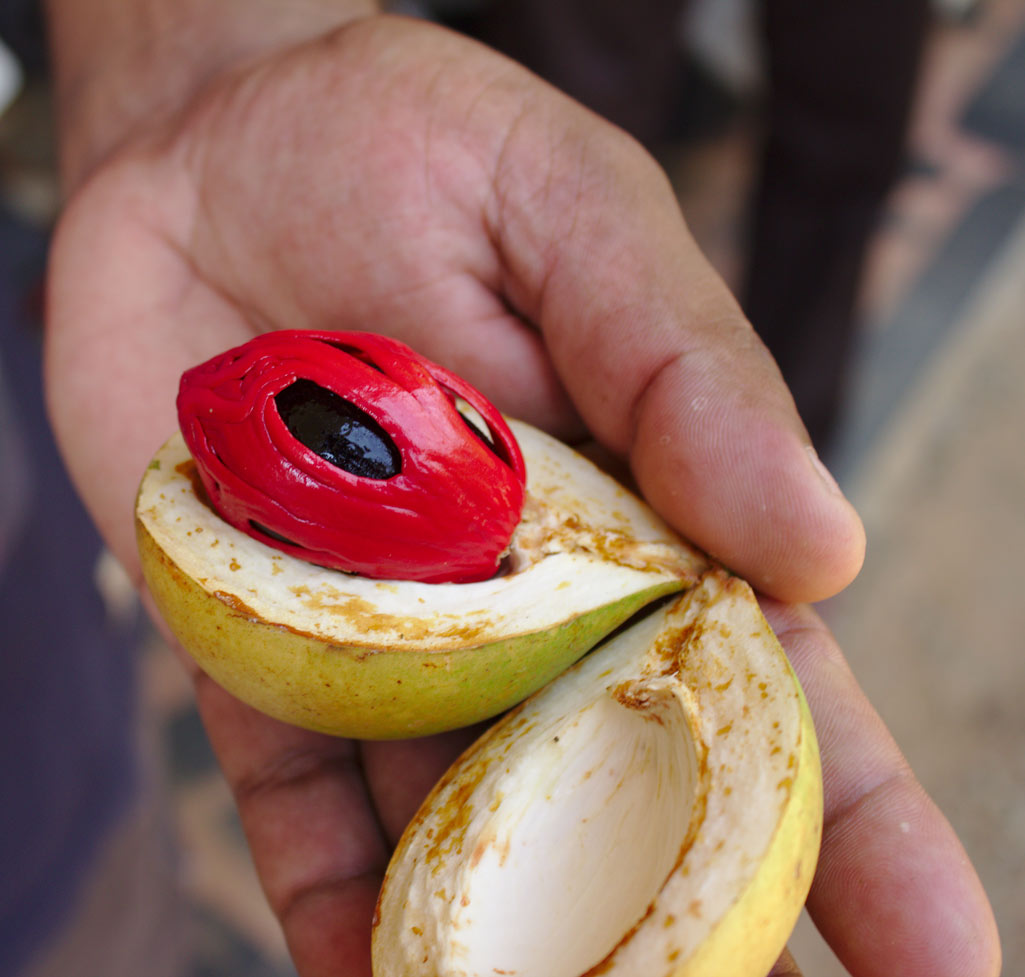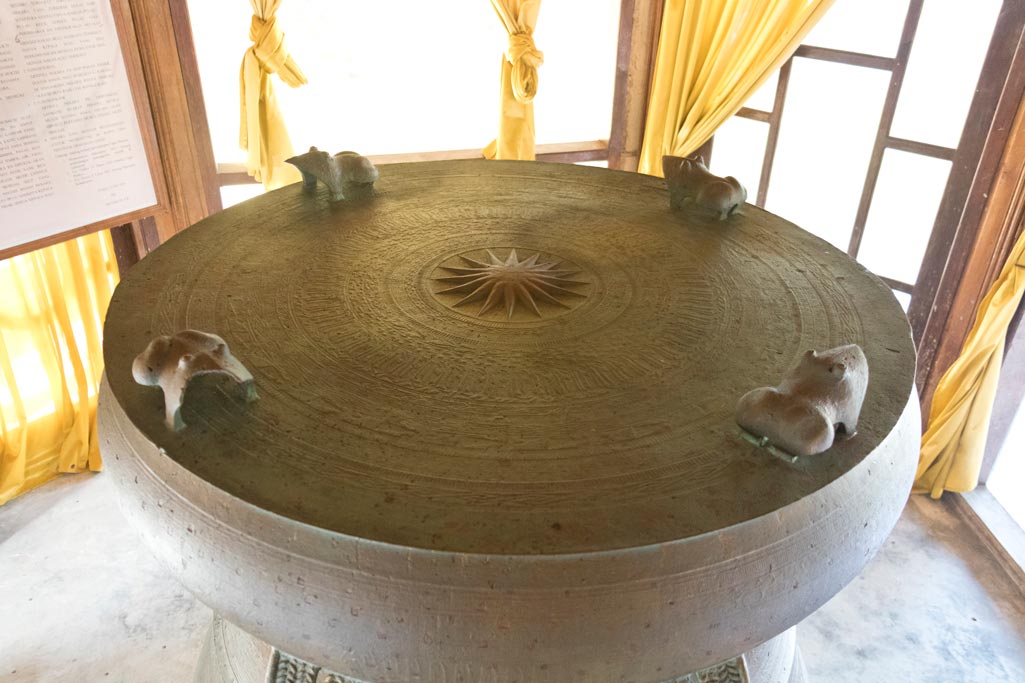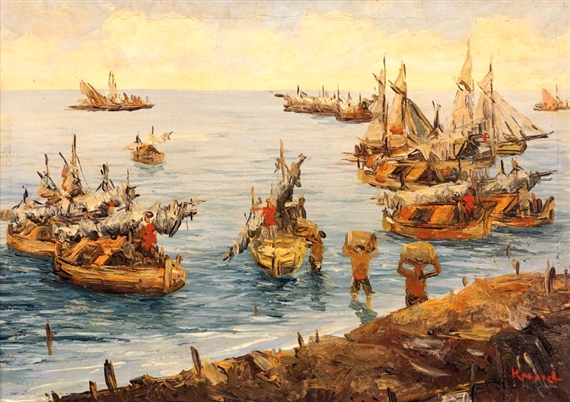
As a maritime country, Indonesia is surrounded by oceans and has numerous rivers scattered in every part. However, what are the factors that make the epithet of Maritime Country suitable to Indonesia?
The topic of Indonesia as a maritime country is inseparable from the environmental situation and historical context. To trace back, the Indonesian archipelago was only formed close to today’s form, around 10.000 years ago. Before that, more than half of the areas were covered by ice.
Only the Wallace area (an area in the middle of Sundaland to Sahul) never consisted of lands, thus had more nautical experience than other areas. Voyages began after the ice melted, and it was the only way to reach the Indonesian archipelago.
Besides water-related factors, Indonesia’s location on the equator caused the existence of two seasons, and the tropical rainforest zone with its high biodiversity also affected the epithet of Indonesia as a maritime country. Wallace area became one of the places with the most stunning biodiversity, by the findings of various endemic plants, such as clove and nutmeg.
However, Indonesia’s biodiversity did not only come from endemic plants like nutmeg and clove. Sundry seeds from other countries thrived in Indonesia, including pepper which came from India.
The climate became another significant factor. The existence of monsoons took its role in forming biodiversity. Further, monsoons formed the maritime culture with numerous voyages to Indonesia, which became the center of monsoon winds.
In the 15th to 17th centuries, the Land Beneath the Wind term emerged from the Middle East people. It referred to the Indonesian archipelago areas. This expression was a response to Indonesia’s location as a place where the wind changed. The rulers of these areas introduced themselves as the kings from the Land Beneath the Wind to the foreigners.
Indonesia was located in an area that became the center of voyage and interaction of all nations. The 15th to 17th centuries were the peak of the interaction. However, the voyage had happened long before. In the 1st century, for instance, a civilization closely related to spices was found in the Middle East. Further, there were also significant interactions among India and Southeast Asia and China with Southeast Asia.
Indonesian sources tend to lead us to oral sources, and thus we cannot find much information about interaction with Indonesia. In this case, historical heritage becomes one of the essential proofs to reveal and trace history.
The remains of cloves from the 2nd century AD were found in Sri Lanka, and as we know, clove is Maluku’s endemic. Other exciting discoveries also came from the territorial waters of Indonesia, including Cirebon, Bali, Selayar, Natuna, etc.
The discoveries took place underwater, in a shipwreck from the past. Other than spices, like candlenut shells, there were also other goods, like high-quality ceramics, pepper grinders, and bottles. While spices were traded to the foreigners, these goods, such as ceramics, came into Indonesia.
It shows that Indonesia had its uniqueness that attracted numerous nations from all over the world to sail and trade, which led to the interaction among nations.
_________
Source:
Webinar Narasi Kebaharian di Jalur Rempah, the presentation of Ph. D, Sonny C Wibisono
_________
Text & Translator: Dhiani Probhosiwi
Editor: Doni Ahmadi
